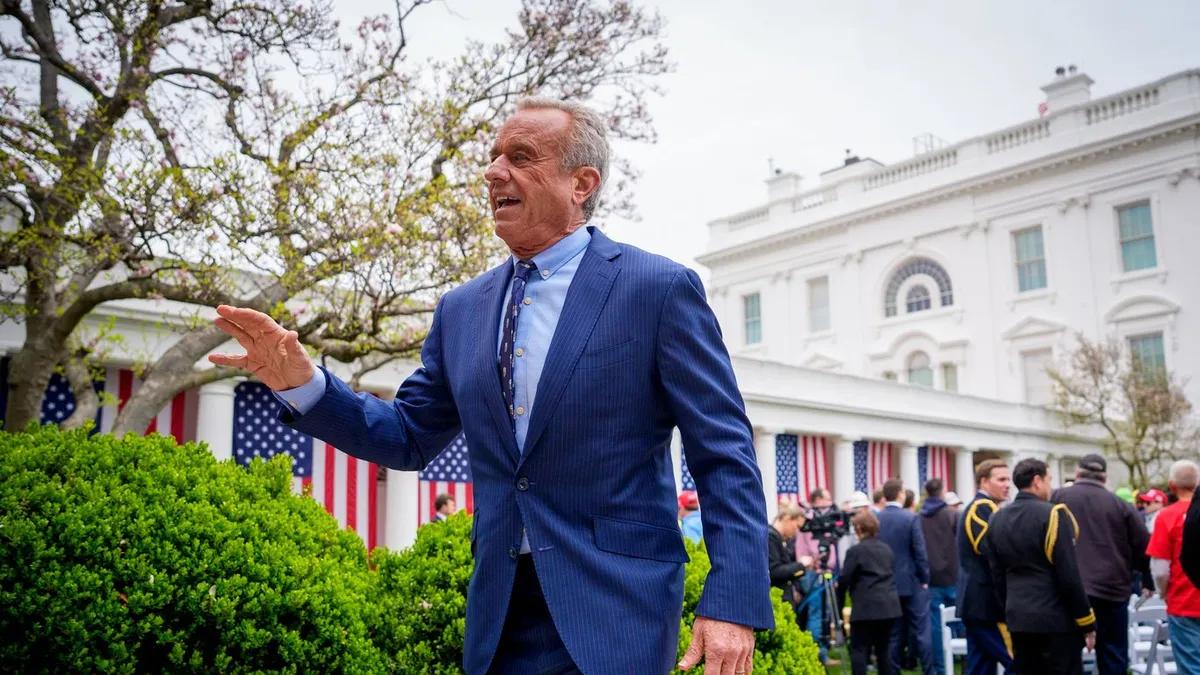
In a significant development, Robert F. Kennedy Jr. (RFK Jr.) is set to embark on a trip to Texas amid growing concerns over a recent surge in measles cases. This announcement comes on the heels of reports regarding a potential second death linked to the highly contagious disease.
The decision for RFK Jr. to travel to Texas aligns with his long-standing advocacy for vaccine safety and public health awareness. His trip aims to address the community's concerns surrounding the measles outbreak, which has raised alarms due to its serious health implications. The recent fatalities have prompted heightened scrutiny over vaccination rates and public health policies in the state.
Texas has been grappling with a rising number of measles cases, drawing attention to the importance of vaccination. Health officials have confirmed the presence of the virus in several communities, leading to increasing fears and calls for action. The potential second death linked to measles has intensified discussions about the safety and efficacy of vaccines, as well as the need for public awareness campaigns.
RFK Jr. has long been an outspoken figure in the vaccine debate, advocating for informed consent and transparency in vaccine development. His upcoming trip to Texas is expected to focus on educating the public about the risks associated with measles and the importance of vaccination. The response from the community has been mixed, with some expressing support for his message while others remain critical of his stance on vaccines.
The current situation in Texas serves as a critical reminder of the ongoing challenges facing public health officials. With the potential for further outbreaks, it is essential to prioritize vaccination efforts and educate the public about the dangers of diseases like measles. RFK Jr.'s visit could play a role in shaping the conversation around vaccine safety and public health policy in the state.
As RFK Jr. prepares for his Texas trip, the spotlight on the measles outbreak is likely to grow. This visit not only highlights the urgent need for discussions around vaccines but also underscores the importance of community engagement in addressing public health issues. The implications of this outbreak may resonate far beyond Texas, influencing vaccine policies and public health strategies nationwide.